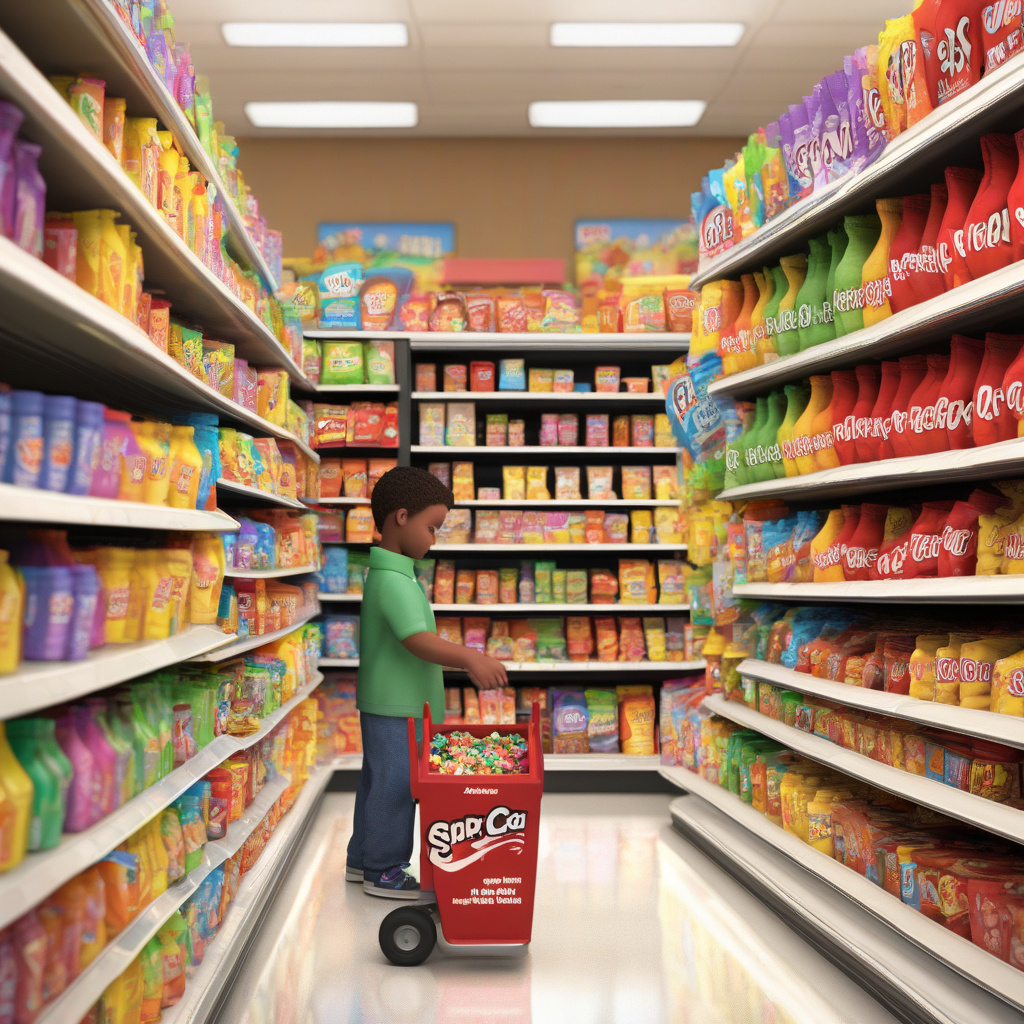Arkansas and Indiana Propose Banning Soda and Candy From SNAP Program
In a bold move to promote healthier choices among SNAP (Supplemental Nutrition Assistance Program) recipients, the states of Arkansas and Indiana are considering banning the purchase of soda and candy with SNAP benefits. This potential change has sparked mixed reactions from various stakeholders, including advocacy groups, retailers, and consumers.
Proponents of the ban argue that it would align SNAP benefits with public health recommendations by discouraging the consumption of sugary beverages and high-calorie snacks. According to the Centers for Disease Control and Prevention (CDC), excessive sugar intake is linked to a higher risk of obesity, diabetes, and other chronic health conditions. By restricting the purchase of soda and candy, Arkansas and Indiana aim to promote better dietary habits and improve the overall well-being of SNAP participants.
However, opponents of the proposed ban raise concerns about restricting consumer choice and stigmatizing low-income individuals. They argue that SNAP beneficiaries should have the autonomy to make their own food choices, regardless of their socioeconomic status. Additionally, some critics question the effectiveness of such a ban in addressing the root causes of poor dietary habits, suggesting that more comprehensive approaches, such as nutrition education and increased access to healthy foods, may be more impactful in the long run.
The food industry has also weighed in on the debate, with beverage and confectionery manufacturers expressing reservations about the potential impact on their sales. A ban on soda and candy purchases with SNAP benefits could lead to a decline in revenue for these companies, prompting concerns about job losses and economic repercussions in the affected states.
From a retailer’s perspective, implementing and enforcing the ban poses practical challenges, such as determining which products are eligible for purchase with SNAP benefits and reprogramming point-of-sale systems to restrict prohibited items. Some retailers worry that the added complexity could result in longer checkout times and customer dissatisfaction.
On the other hand, health advocates and nutrition experts view the proposed ban as a step in the right direction towards promoting healthier eating habits among vulnerable populations. By limiting the availability of sugary and high-calorie foods, Arkansas and Indiana could help reduce the prevalence of diet-related diseases and lower healthcare costs in the long term.
While the debate over banning soda and candy from the SNAP program continues, it underscores the broader issue of how to balance individual choice with public health considerations in the realm of food assistance. Finding a middle ground that supports healthy decision-making without infringing on personal freedom remains a complex challenge for policymakers and society as a whole.
As Arkansas and Indiana navigate the path forward, the outcomes of their proposed SNAP changes are likely to have ripple effects on future food policy decisions across the country. Whether other states will follow suit or take a different approach to promoting nutrition and well-being through public assistance remains to be seen.
In conclusion, the debate over banning soda and candy from the SNAP program reflects a larger conversation about the intersection of food, health, and social welfare. By addressing these complex issues thoughtfully and inclusively, policymakers can work towards creating a more equitable and health-conscious food system for all.
#SNAP #Arkansas #Indiana #PublicHealth #Nutrition
